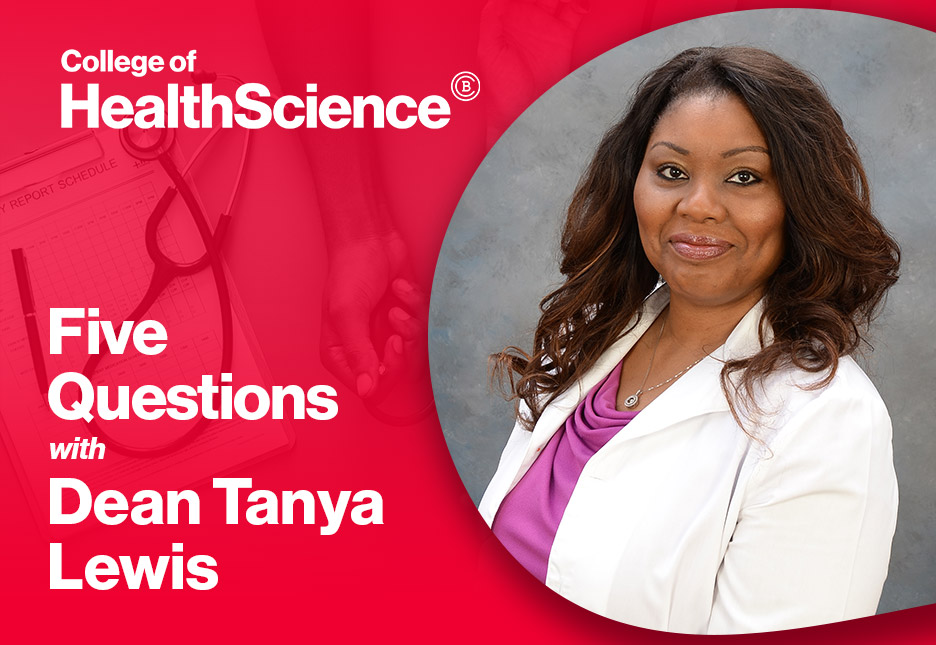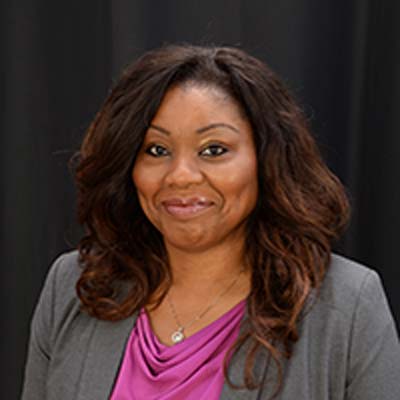Photo of Tanya Lewis, Dean of the College of Health Science at Baker College.
1. What is the difference between health science and nursing?
Health science and nursing are two remarkable career tracks that are in high demand today. Health science refers to a large group of disciplines related to the delivery of care to humans and animals. An educational background in health science may lead to careers in surgical technology, medical/dental assisting and radiologic technology to name a few. Nursing is where science and caring meet in the healthcare system. Nursing is a professional field dedicated to the treatment of patients dealing with illnesses or injuries. Nurses also have a commitment to the health and well-being of patients. Nurses practice in a variety of settings such as hospitals, clinics, schools, patient’s home and throughout the community.
2. How would a student know if a career in health science is right for them?
The field of health science is ever-changing and fast-paced. A person interested in health science should answer the following questions: Are you comfortable in a fast-paced health care setting? Are you excited by the idea of lifelong learning? Do you work well as a team player? Do you consider yourself a good communicator? Are you interested in technology? Are you able to perform well in stressful situations? Do you enjoy working with adults, the elderly, teenagers, children or animals? If you answered yes to any one of these questions, I would recommend you explore the various career paths in health science.
3. What are some misconceptions about earning a health science degree?
One of the most common myths about earning a health science degree is that you can only work in a hospital. The reality is you can find work in a variety of settings such as medical research labs, health insurance companies, rehabilitation centers, colleges, schools and private doctor’s offices to name a few. Another common myth is there isn’t a lot of room for upward movement. The reality tells us there are over 17 million people that work in the health science industry and they are not all doctors and nurses. There are a variety of jobs that fit your skills, abilities and education in the health science field.
4. What is your advice to someone considering going into the field of health science?
Anyone considering a career in health science should reach out to a professional who is currently working in their specific field to schedule a shadow day or phone interview. This person will be able to share their experiences and answer any questions regarding work schedules and educational requirements. A shadow day will allow you to see what that professional actually does throughout the workday. Students should meet with an academic advisor or enrollment specialist to obtain more information about the specific health science programs offered by their institution. Advisors can also help students to assess their academic readiness to enter into a health science program.
5. What is your favorite thing about teaching?
My favorite thing about teaching is being able to transfer knowledge to my students and empowering them to become critical thinkers and lifelong learners. It’s exciting to see the glee in a student’s eyes when they learn something new. I view each student as an individual with unique talents and skills to offer the world and my job is to help them realize their full potential. Whether I’m instructing a student on performing skills in the lab, helping students to analyze complex patient data or facilitating a clinical group in the hospital, it’s exciting for me to teach regardless of the setting. Getting to know my students and helping them overcome barriers to achieve their dreams, warms my heart and reinforces that leading and teaching is what I was meant to do.
Think a career in health science is a good fit for you? Visit our College of Health Science page to learn more about the undergraduate programs offered at Baker College.



